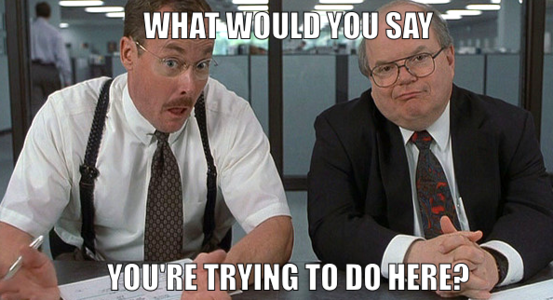Working in HR or Human Resources is a job that has greatly changed in recent years and is no longer just the people who do a bit of admin and look after the odd employee complaint or query.
The role has changed so much that there are now a number of jobs and levels in most HR departments, meaning there are not only entry level jobs but also a clear path to career development.
Job ideas
The entry level job at a HR department is usually called a HR Assistant or a HR Administrator. This is the person who is the first point of contact for employees on all HR related topics and are usually responsible for the paperwork held on each member of staff.
This can be things such as employee contracts, work histories and personal details. Some businesses also have a HR Officer who will control areas such as absence and sickness monitoring, disciplinary and grievance issues and organising training and recruitment processes. Depending on the business, they may also be responsible for payroll matters.
Two specialist jobs within the HR department are the Training Officer and the Recruitment Coordinator. The former is in charge of staff training, working with new starters and refresher courses needed to comply with training guidelines while the latter handles the search for, interviewing of and employment of new staff.
The two upper level roles tend to be the HR Manager who will be in charge of the other staff on a daily basis. Their job will be to oversee the implementation of HR policies as well as ensuring the business is complying with employment law. Salary issues may often come under their purview. The top job is usually the HR Director who will be the person in charge of expenditure and budgeting, creating the companies policies and seeing that they are carried out.
What does HR do?
What HR as a department does can vary from business to business and these jobs are ideas rather than a set formula. Some businesses use their HR department to create, implement and maintaining reward and benefit schemes.
This can be financial rewards where employees are paid bonuses for certain targets or achievements or rewards in the form of a chosen gift, such as a holiday or a gift voucher. Other types of schemes they may be responsible for include social recognition programs, where staff are recognised across the entire company or team for their achievements and this may be tied in with a financial or other type of reward.
However, the most important part of remember with any HR post is that you will be dealing with customers of a sort – your customers will be your colleagues from the different parts of the business. So being good with people is an important element, being able to empathise with their problems but also to stick to the company policies you will be working with to ensure that everyone gets the best and fairest outcome to their query.
Article courtesy of Workstars, the global leaders in social recognition software technology. Talk to them @WorkstarsHR.
